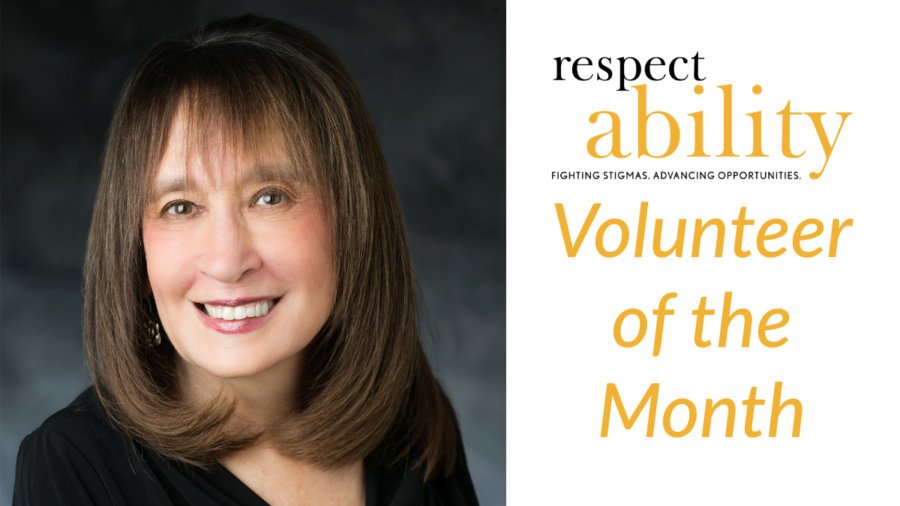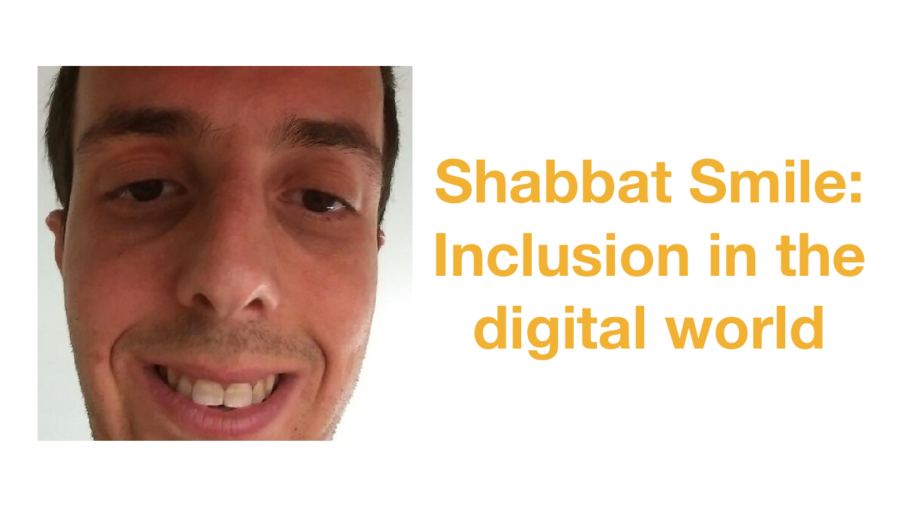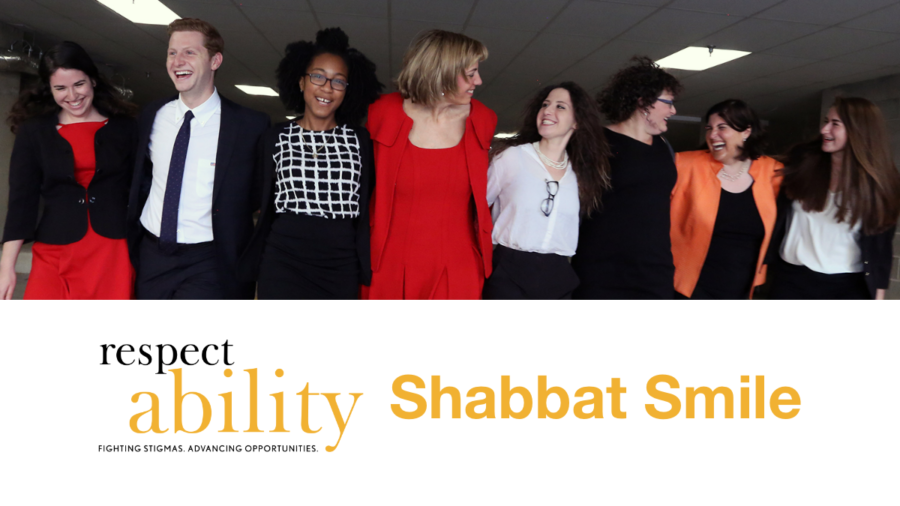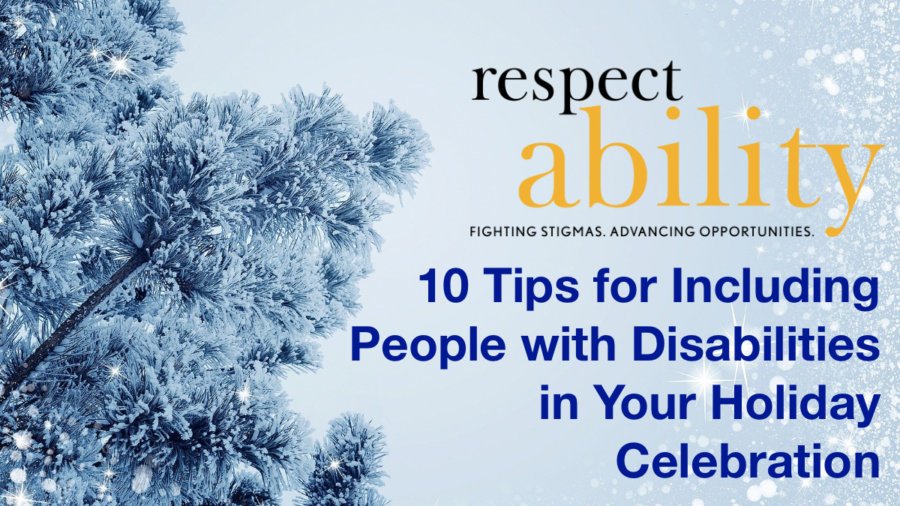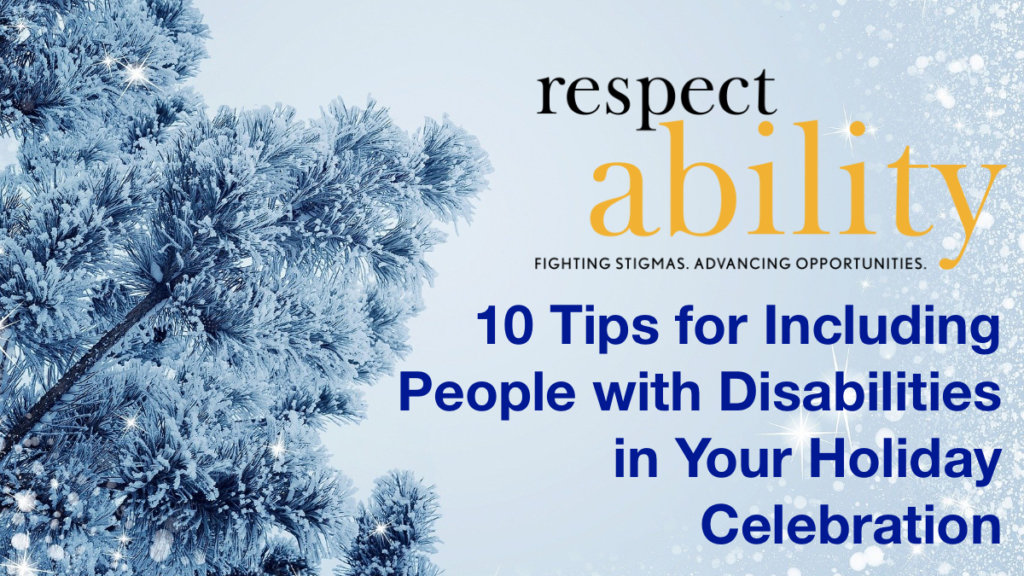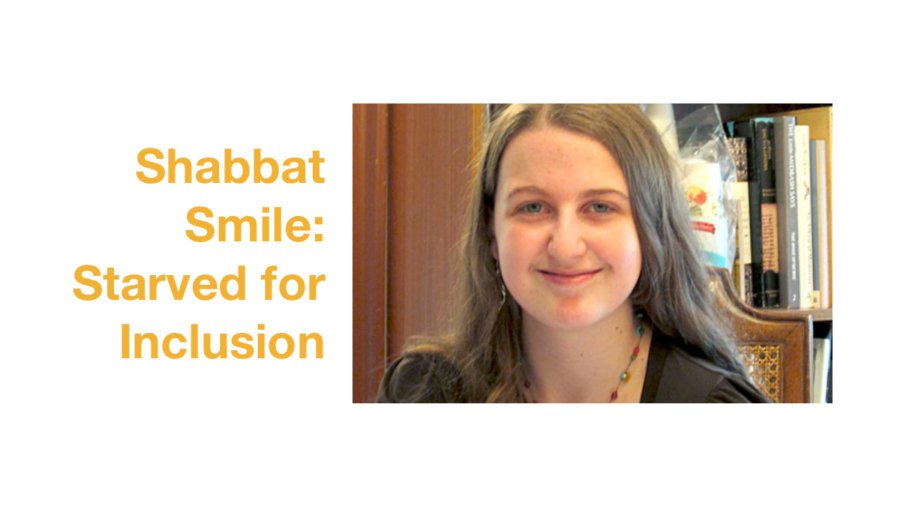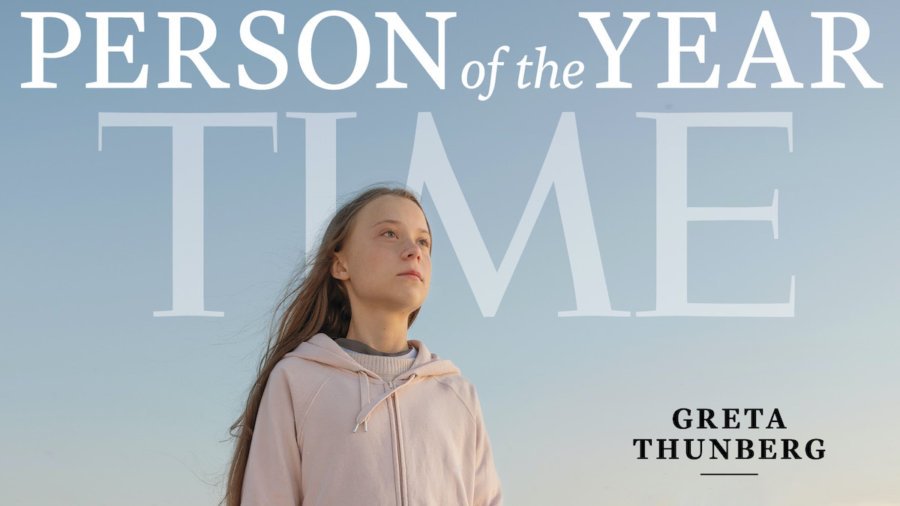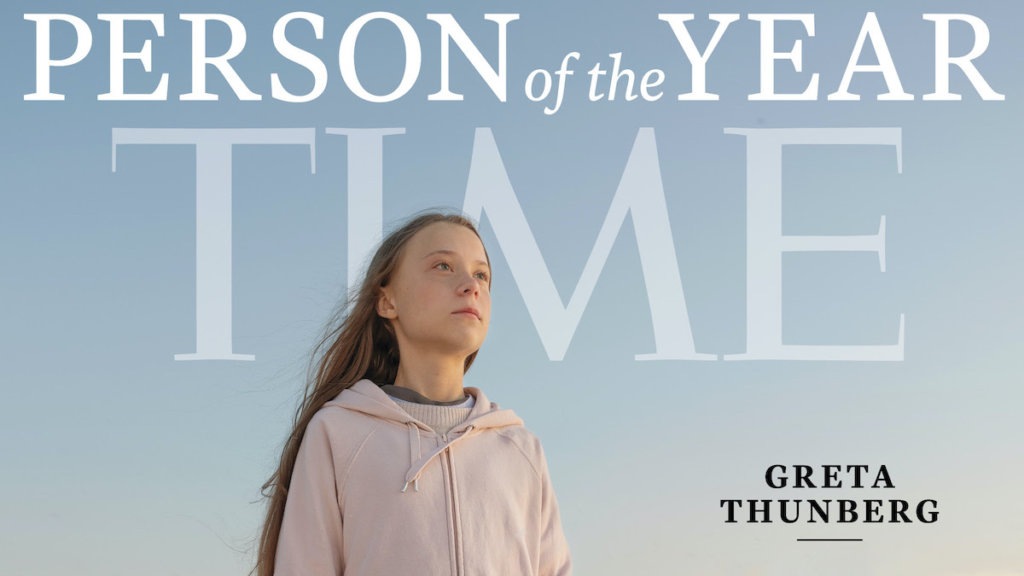“It is an honor and privilege serving on the Executive Committee of RespectAbility and in a wide myriad of roles. I enjoy interacting with the extraordinary staff, Fellows, our board colleagues and others in the greater community of people with disabilities. It is truly beyond remarkable the extraordinary strides that we’ve made in six short years in such a wide arena—from empowerment of women with disabilities in NYC to fighting stigmas in Hollywood to training the next generation of disability community leaders through our National Leadership Program to promoting employment opportunities for all.”
– Vivian Bass
 Vivian Bass has volunteered with RespectAbility in a multitude of capacities since its founding in 2013. She became a resource as work was being done to launch the organization, as she knew RespectAbility’s Co-Founder/President, Jennifer Laszlo Mizrahi, from various leadership and national organizations. [continue reading…]
Vivian Bass has volunteered with RespectAbility in a multitude of capacities since its founding in 2013. She became a resource as work was being done to launch the organization, as she knew RespectAbility’s Co-Founder/President, Jennifer Laszlo Mizrahi, from various leadership and national organizations. [continue reading…]


